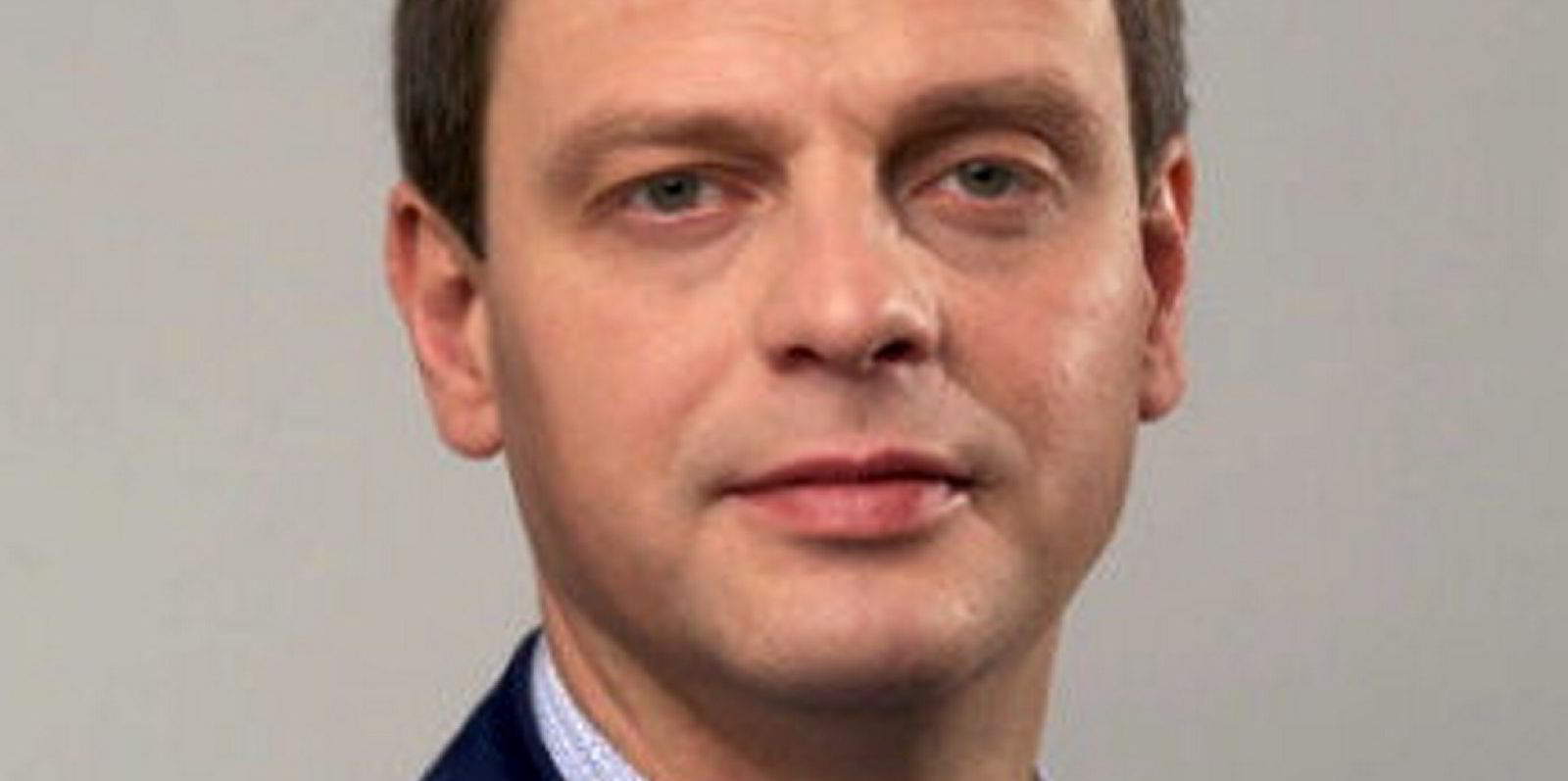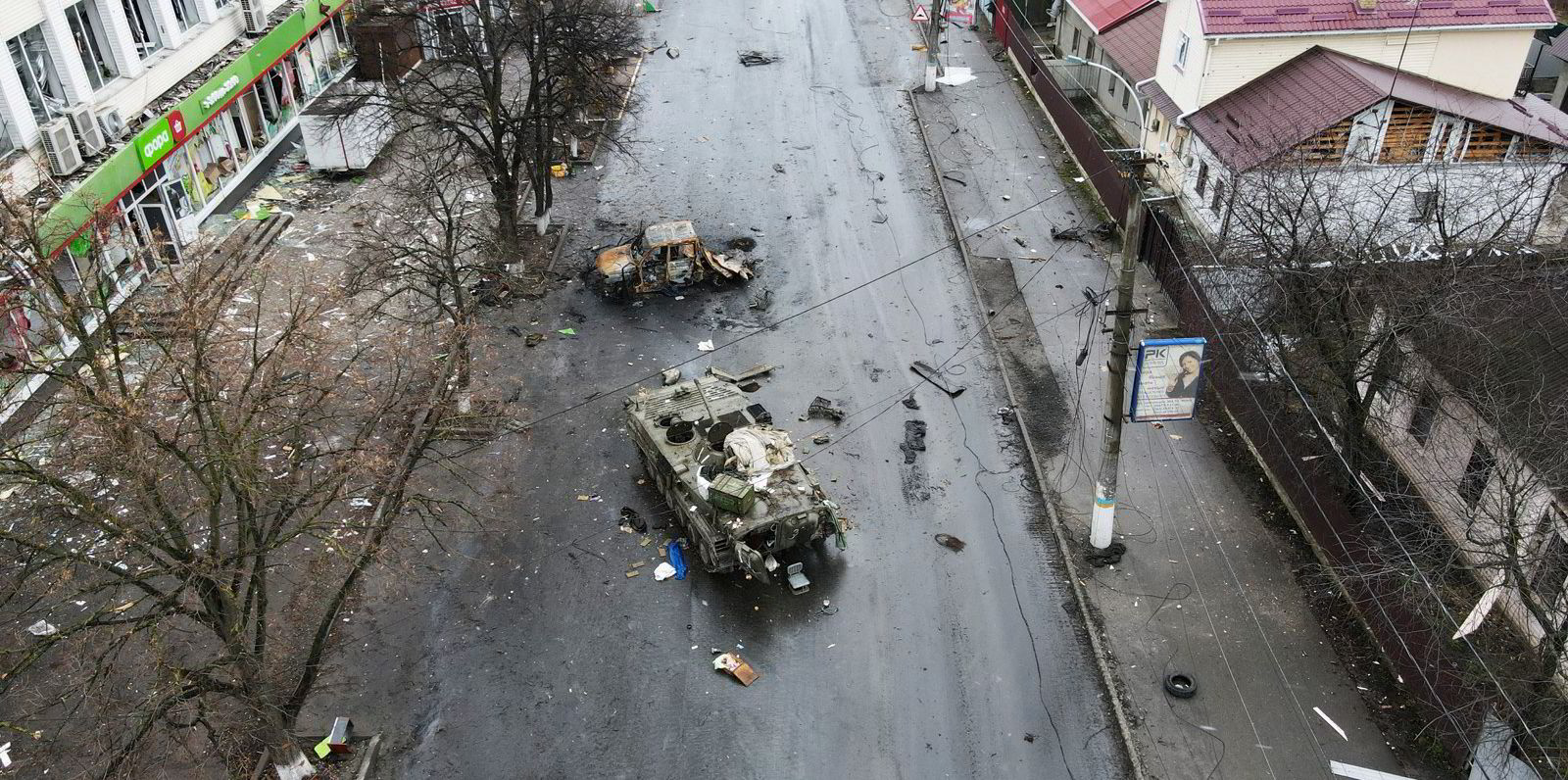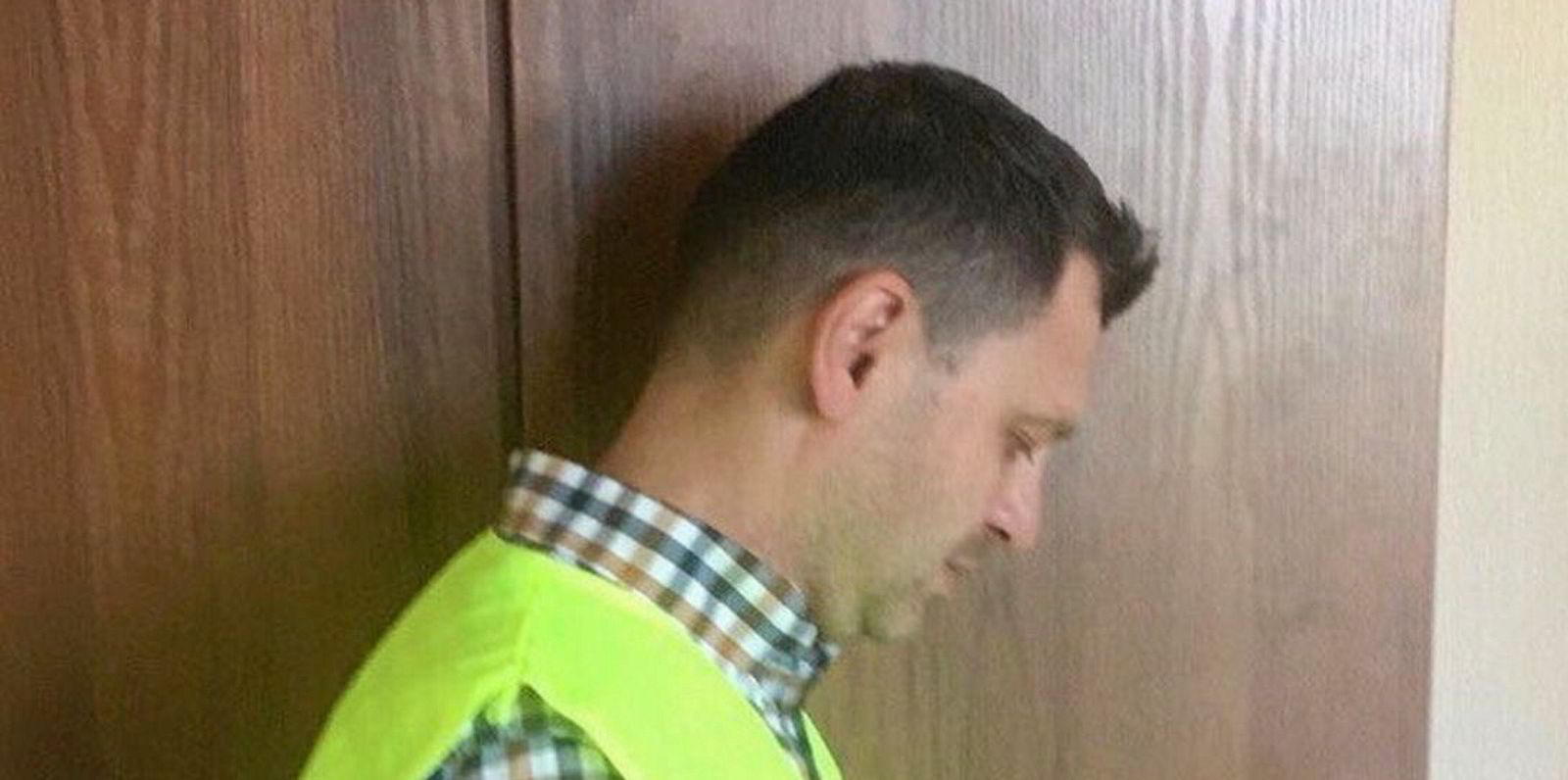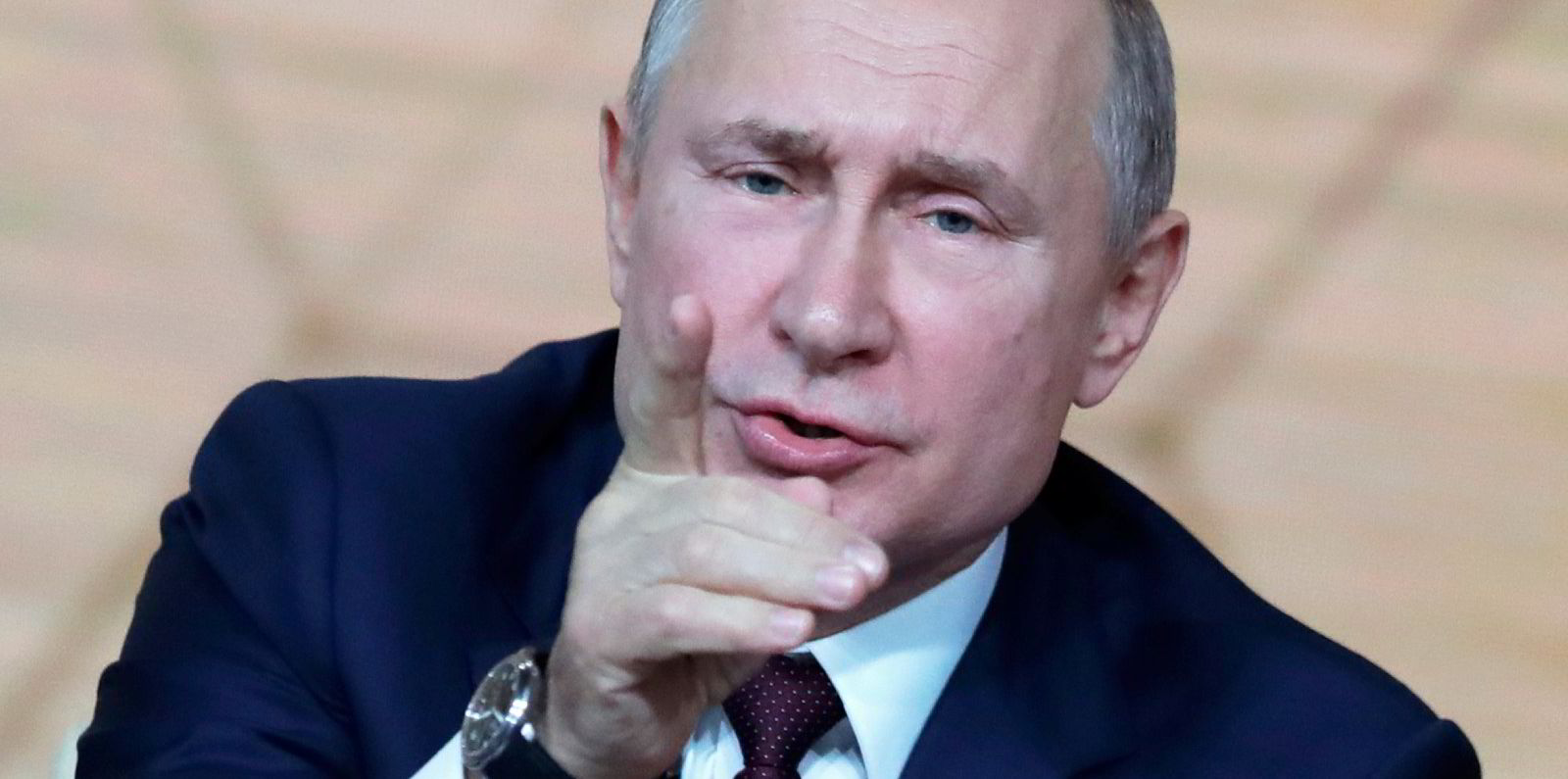While evacuating his family on the day war broke out in Ukraine, Mental Health Support Solutions (MHSS) clinical psychologist Alexander Dimitrevich received a call from an Indian seafarer’s wife.
The woman had flown to Kyiv two days earlier for surgery but was recovering in a bomb shelter with seven other Indian nationals trapped by Russia’s invasion.
Dimitrevich still has friends under heavy bombing in Kharkiv and Kyiv.
But another friend working for an Indian charity had previously asked him for help if anything happened while the Indian patient was in Ukraine.
Dimitrevich agreed, but told TradeWinds: “I have good connections, but at that time I didn’t believe in full-scale war.”
Then came the call from the woman herself, asking whether she should get a train out of the country.
The psychologist advised her to take a train and put her in touch with contacts in Lviv, in western Ukraine.
She eventually made it to Budapest airport with the other seven, all of whom were uninjured.
Dimitrevich usually works with seafarers, helping their mental health.
But he is now at a Polish refugee centre trying to organise psychological help for other Ukrainian evacuees.
He told TradeWinds he is on a roster with several organisations.
Ukrainian work continues
“My main work is with seafarers, but seeing a lot of civilians who need help, I also pay attention to others after being approached by international organisations,” Dimitrevich added.
And his work in Ukraine is not yet done.

He said that while his home city of Odessa is not surrounded, he is considering an opportunity to train negotiation teams to speak with Russian invaders about a corridor to get the wounded and other refugees out of war zones.
“It’s absolutely unbelievable in the 21st century that one country starts using missiles and bombs in the centre of Europe, it’s terrible,” Dimitrevich said.
What is the solution?
“In an ideal world, what would be a solution? Putin would say, ‘sorry guys, I made a mistake?’ No way,” he added.
His gloomy prognosis is for a long-term war.
Dimitrevich has worked since 2002 for different international and national organisations including the International Transport Workers’ Federation (ITF) and the Sailors’ Society as a crisis-at-sea response programme coordinator and consultant.
He is trained in and has experience in, organising and providing support for trauma survivors, and helping crew members affected by piracy.






